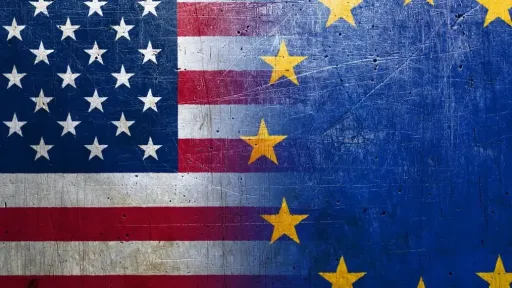Jeans, Harley Davidsons: EU prepares tariff strike on icons of American lifestyle

The European Union is preparing sweeping countermeasures against the United States in the event that ongoing transatlantic trade negotiations collapse by early August.
At the center of the EU’s response: progressive tariffs targeting quintessential American goods, from jeans and whiskey to Harley Davidson motorcycles and pick-up trucks.
According to draft regulations prepared by the European Commission and reviewed in consultation with member states, the bloc is ready to implement a phased tariff escalation beginning August 7, with duties ranging from 10% to 25%. If no trade agreement is reached by September 7, those tariffs could rise to 30%, hitting U.S. products sold within the EU single market.
Iconic American Products in the Crosshairs
The list of targeted goods reads like a catalogue of the American lifestyle:
Denim jeans and T-shirts
Cigars and tobacco
Harley Davidson motorcycles
Pick-up trucks and recreational boats
Barbecue grills and camping equipment
In a show of economic strength, the EU's strategy is to strike at symbols of U.S. culture and industry, sending a clear political signal while leveraging products with significant export value.
Escalation Scenarios
Should the dispute evolve into a full-blown trade war, the EU’s regulations also foresee additional, harsher measures:
From September 7, the EU would impose a ban on direct and indirect imports of U.S. scrap iron, steel, and aluminum.
By February 7, 2026, new tariffs would include:
10% on scientific instruments (for physical or chemical analysis),
30% on U.S.-made laser equipment and laser telescopes, and
30% on goods like plant extracts, pellets, grapes, and dried legumes.
Also on the list are a wide range of U.S. exports such as:
Ceramic furniture components and mirrors,
Painted scenic canvases,
Glassware, jewelry, tablecloths, lighters, and even
Iron or cast-iron tanks with a capacity of up to 300 liters.
A €90 Billion Trade Response
Dubbed a “€90-billion bazooka,” the EU's counter-tariff package is designed as a robust response to aggressive U.S. trade policies—particularly those championed by the Trump administration. Yet despite the strong stance, European officials remain hopeful that a diplomatic solution will prevail.
“The preference remains a mutually agreed settlement,” an EU source stated, “but we are fully prepared to act if necessary.”
The proposed measures underscore growing tensions in Euro-Atlantic trade relations and the EU’s willingness to assert its economic sovereignty. The coming weeks will prove pivotal in determining whether Europe’s prepared tariffs remain a threat—or become reality.



